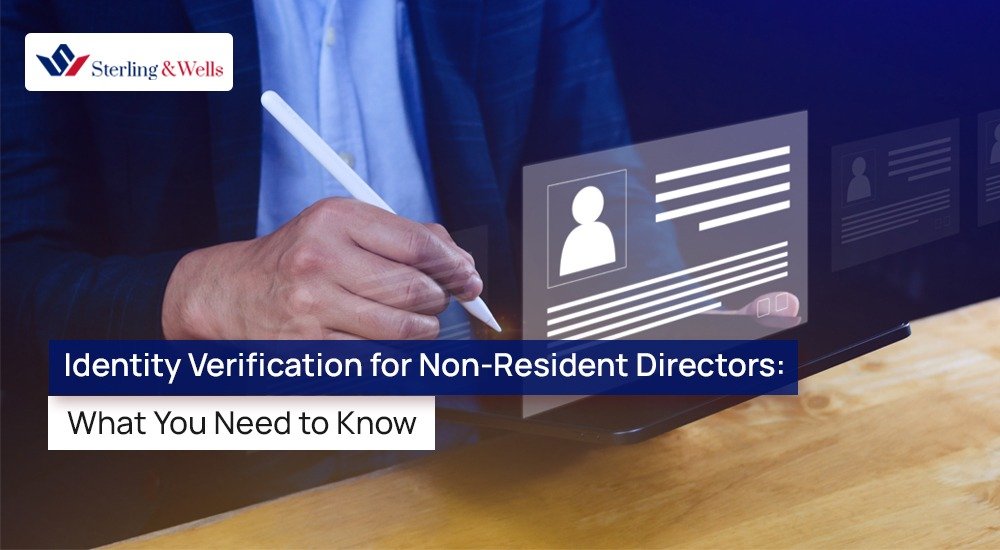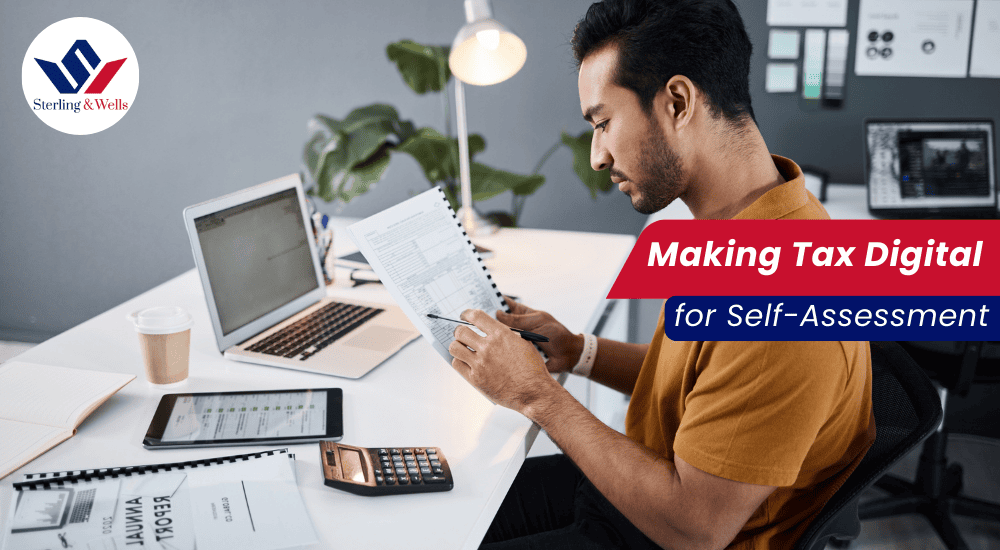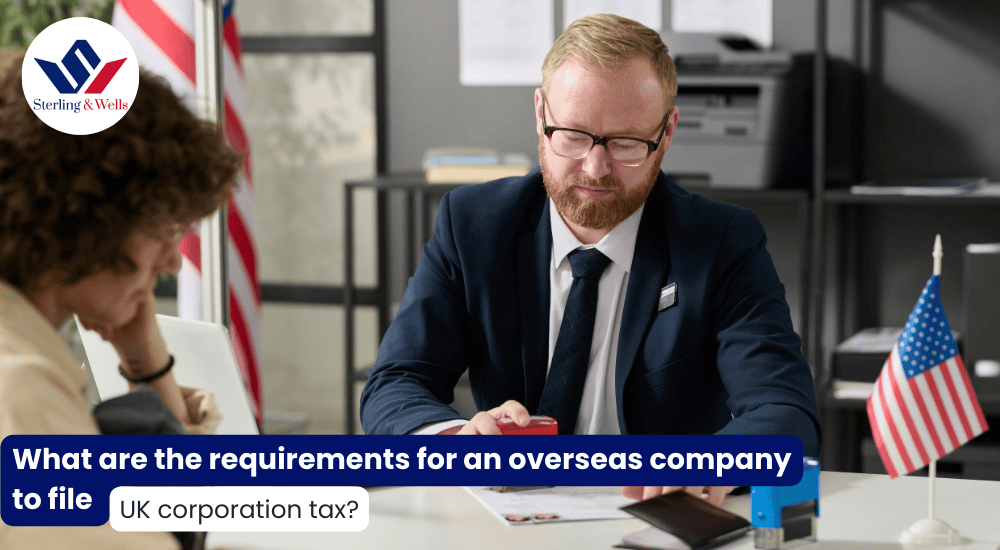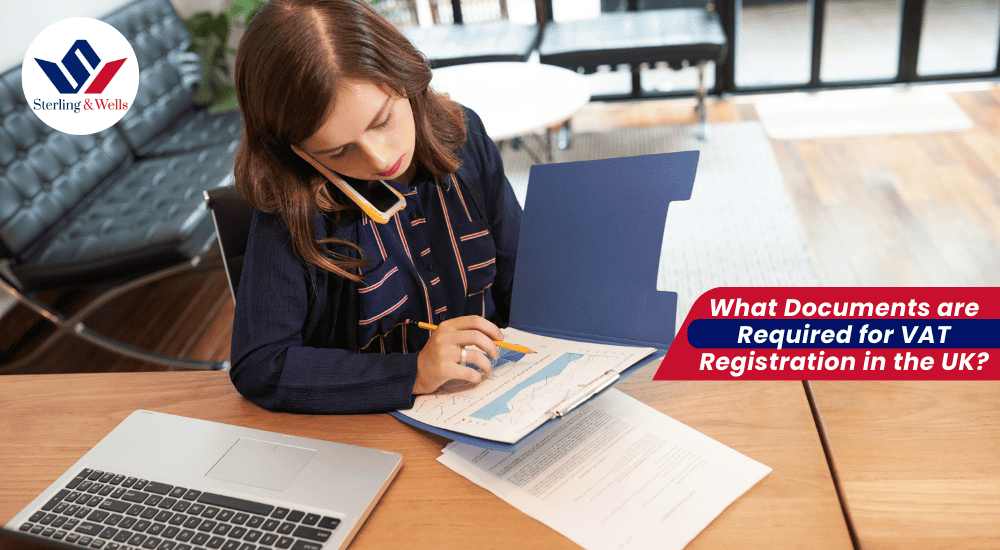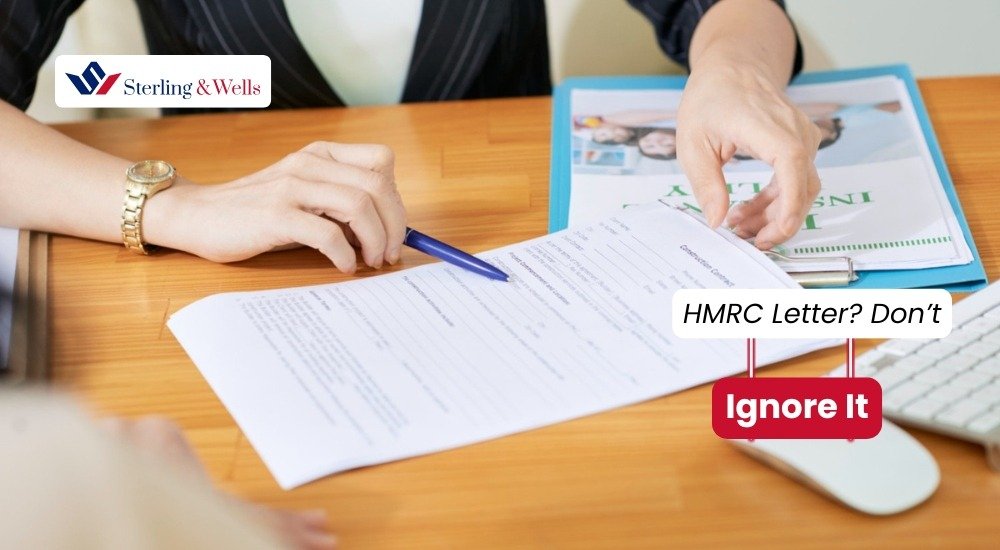If you’re a non-resident director of a UK company (or are about to become one), there’s a big change coming your way. The UK has tightened its rules around corporate transparency, and you will now be required to verify your identity. In other words, you will have to prove that you are indeed the one running your company and not someone else misusing your details.
Sounds simple but what will you actually need to do? In simple terms, before you can be appointed (or continue on) as a company director, you’ll need to prove who you are to Companies House. This is part of the government’s effort to keep dodgy businesses and fake directorships out of the system.
But again, what are the practical steps you will have to take? We have produced this article today to answer exactly that.
But First, Why Does the UK Now Require Identity Verification for Non-Residents?
Fraud prevention is the main reason. The UK government wants the register of company directors to be accurate, transparent and free from fake appointments. By bringing in identity verification for non-residents, Companies House can make sure that every person holding a directorship or significant control in UK companies is a real, traceable individual regardless of where they live in the world.
This is all about protecting the integrity of UK business and stopping people from hiding behind false identities.
Who Has to Do Verify Their Identity?
If you think identity verification for non-residents only applies to a select few, think again. If you’re:
-
a director of a UK-incorporated company
-
a person with significant control (PSC) over a company
-
a director of an overseas company that has a UK branch
-
or even an agent who submits filings on behalf of a company
then this applies to you, whether you live in London, Lisbon or Los Angeles.
When Do You Need to Verify Your Identity?
The rules kick in on November 18, 2025, for new appointments, meaning, after this date, you’ll have to complete identity verification for non-residents before your directorship is made official.
If you’re already a director before the rule change, you’ll have up to a year (until your company’s next confirmation statement deadline, but no later than November 2026) to get verified. Miss the deadline and you could be removed from the register, fined or even face criminal penalties.
Non-Resident Directors: Get Verified Quickly & Hassle-Free
Complete your Companies House identity verification from anywhere in the world with our trusted ACSP service.
Fast, secure, and designed specifically for non-resident directors needing smooth UK compliance.
What You’ll Need to Have Ready
For the quickest route, you’ll want a biometric passport. It’s the simplest way to pass online verification. But there are other ID options:
-
Non-biometric passport (you’ll usually need an authorised service provider to help)
-
EU/EEA national ID card
-
Irish passport
-
UK photo driving licence (if you have one)
-
UK biometric residence permit or card
-
UK Frontier Worker permit
And since you’re applying from abroad, you’ll also be asked for proof of your current residential address too, like a bank statement or utility bill less than three months old.
How the Process Works
There are three main ways non-residents can complete their identity verification process. They are:
1. Online via GOV.UK One Login
If you have a biometric passport, you can do it all online. You’ll create an account, snap photos of your ID and yourself (yes, a selfie is part of the process), and upload these securely. The system will match your photo to your ID and once it’s approved, you’ll get your unique Companies House verification code.
2. Through an Authorised Corporate Service Provider (ACSP)
Many non-residents may prefer going through an accountant, solicitor or company formation agent who’s registered with Companies House because it’s easier. An expert will handle the process for you. The ACSP will check your documents and confirm your identity directly on the system. This route is also handy if your documents aren’t in English and need translation.
3. At a UK Post Office
This option is rare for non-residents but possible if you’re in the UK when you need to verify. You’ll bring your documentation in, and they’ll handle the check in person.
What Happens After You’re Verified
Once you’re done, you’ll get a unique 11-character verification code from Companies House. Hold onto it because that’s the proof that you’ve completed identity verification for non-residents. You’ll also need it for:
-
Any new director appointment
-
Annual confirmation statements
-
Updates to company details
For most people, verification is a one-time thing. But that number can and will be used everywhere to confirm who you are. So, it’s very important.
Practical Tips for a Smooth Identity Verification Experience
-
Start early. Don’t leave it to the week before your appointment or annual deadline. You never know, the system may be facing problems the day you decide to verify and, if haven’t given yourself wiggle room, you could be penalized.
-
Get your documents right. Double-check expiry dates, details and proof of address requirements.
-
Choose the best route for you. Biometric passport holders can go online while others may find the ACSP route more appropriate.
-
Keep your code safe. Treat it like a password. Don’t share it publicly.
-
Plan for time zones. If working with an ACSP in the UK, factor in working hours and potential time differences.
Consequences of Not Verifying Your Identity
Not completing identity verification for non-residents has real consequences like:
-
Your directorship can’t be registered
-
You won’t be able to make official filings at Companies House
-
Existing appointments could be terminated
-
You (and the company) could face financial penalties or further legal action
And since you’re applying from abroad, you’ll also be asked for proof of your current residential address too, like a bank statement or utility bill less than three months old.
Conclusion
If you’re an overseas director or planning to become one, identity verification for non-residents is about to be part of your checklist right alongside contracts and board meetings.
The good news? It’s not complicated if you prepare for it. Have your documents ready, choose the verification route that makes sense for you, and complete it well before your deadline. In return, you’ll ensure your directorship is secure, your company stays compliant, and you won’t have any nasty surprises from Companies House.
Think of identity verification for non-residents as a small but essential step toward stronger UK business credibility—and your ticket to staying on the right side of the law.
FAQs
Yes. If you have a biometric passport, the online route works anywhere. If not, ACSPs can handle it remotely as long as you provide the right documents.
The online process is free. ACSPs usually charge a fee—check before starting.
Nope. Once you’ve completed identity verification for non-residents, your code applies across all your UK company roles.
It happens. Double-check that your name, date of birth, and details match perfectly across all documents. If issues persist, use an ACSP.
Because transparency only works if everyone—whether UK-based or not—follows the same standard.
